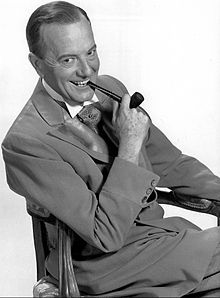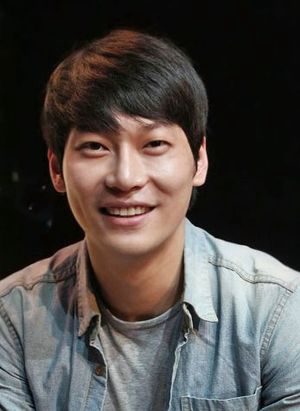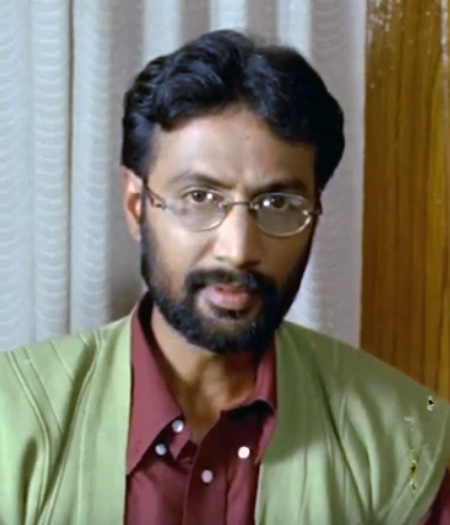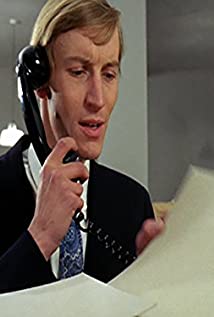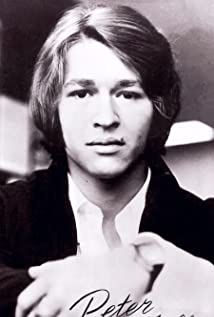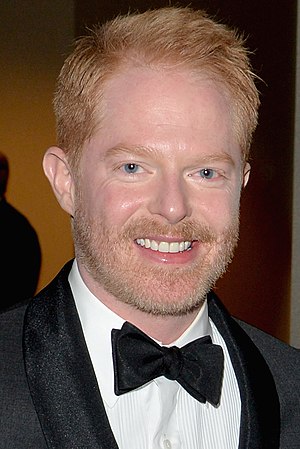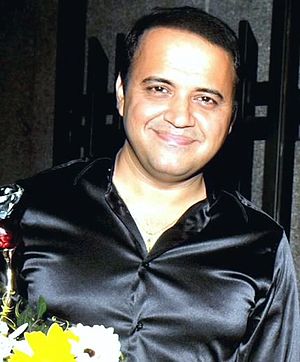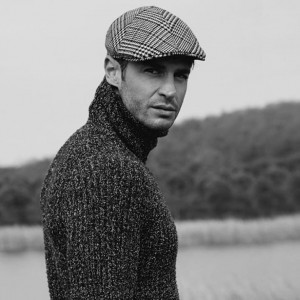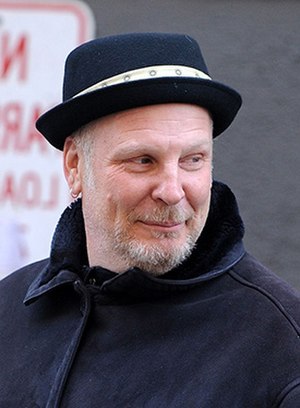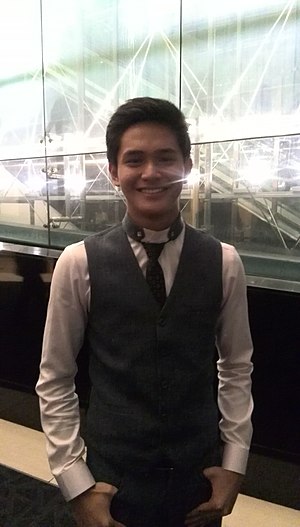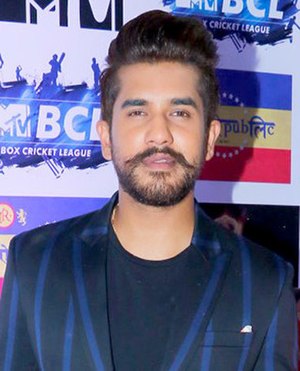In 1927, Evans played a poet in The Pleasure Garden by Beatrice Mayor followed by Young Man in On Baile's Strand by W. B. Yeats, Midir in The Immortal Hour by Fiona Macleod, the Hon. Algernon Moodie in The Rumour by C.K. Munro, Mark Ingestire in Sweeney Todd by Dibdin Pitt, the poet in The Lost Silk Hat by Lord Dunsany, the Captain in Androcles and the Lion by George Bernard Shaw, Mister Four and Young Man in The Adding Machine by Elmer Rice, Don Juan in the play of the same title by James Elroy Flecker, two parts in Terence Gray's own play The Red Nights of the Tcheka, the Stage Manager in The Player Queen (also by Yeats), the Second Engineer in The Insect Play by the Čapek brothers, Prince Kamose in another Gray play called And in the Tomb, and finally in June 1927, Don Pelegari in Pirandello's Each In His Own Way.


